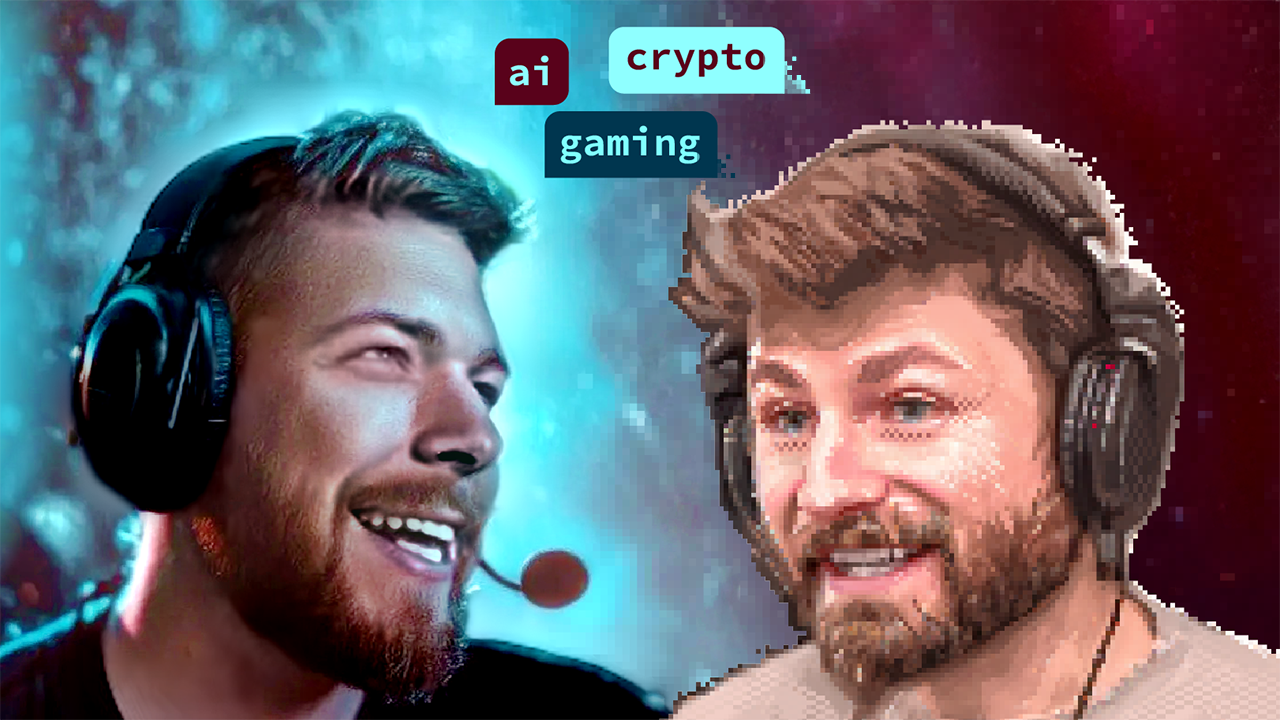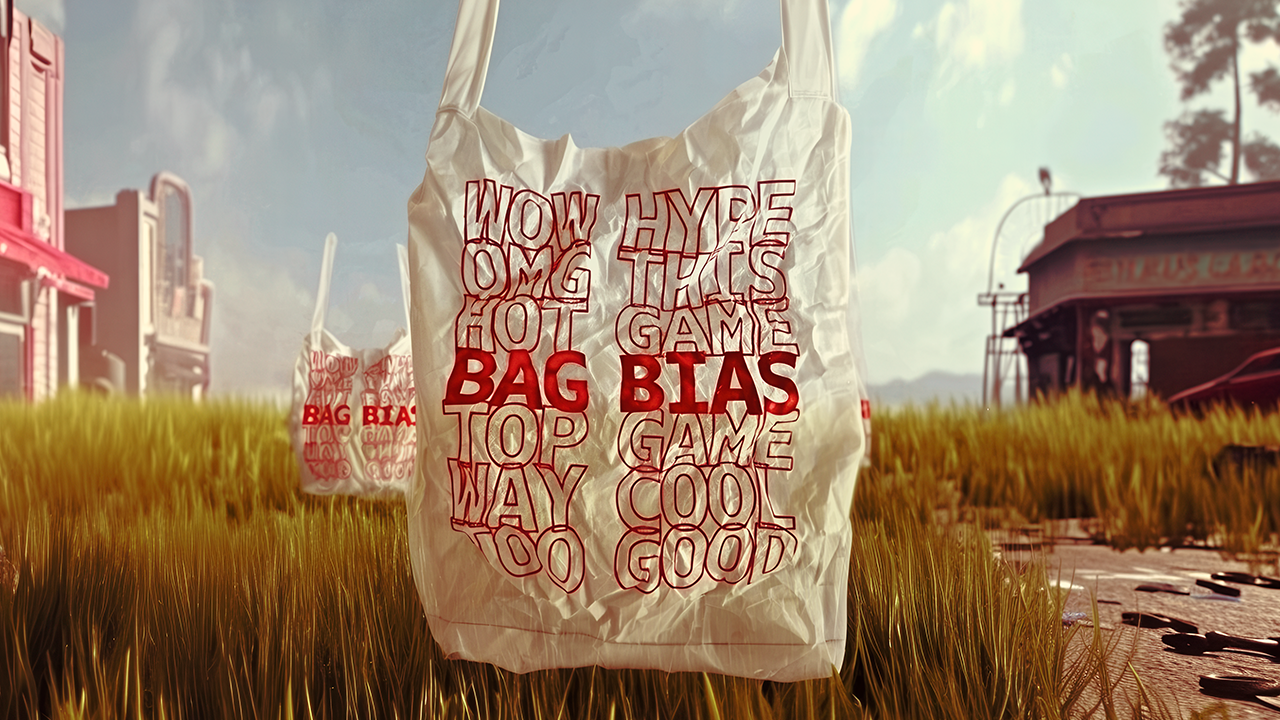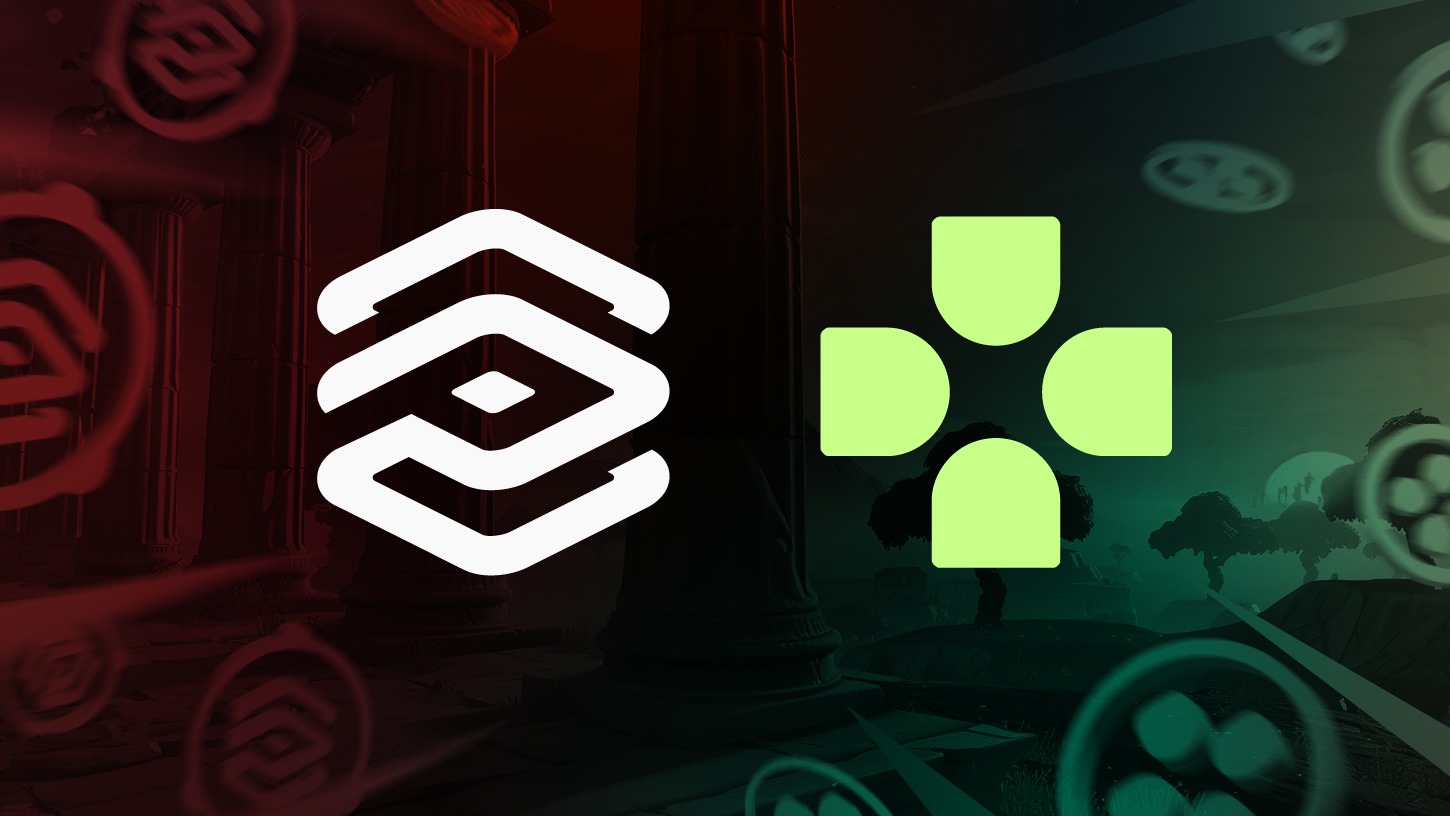Sam Bankman-Fried aka SBF has been found guilty of fraud and other crimes, and will be sent to jail for decades. SBF’s trial was historic before it began: now the verdict is in, its significance seems to grow. I previously described Bankman-Fried as the perfect sacrificial victim for the sins of crypto. This remains true: the exuberant, make-the-rules energy of old crypto fuelled a business that defrauded customers of billions. The trial didn’t undermine blockchain in any technical or legal sense, but the verdict is a reminder that crypto operates in the wider world, with familiar constraints, and is subject to the same laws.
There’s more. SBF’s story seems to have also been an experiment in at least some form of elite liberal values. The experiment has ended spectacularly badly.
To sign up to this newsletter, enter your email, tick the box and click subscribe!
The bare facts
Sam Bankman-Fried was the CEO and co-founder of FTX, a crypto exchange. He was also the founder of Alameda Research, an investment firm. SBF allowed Alameda to illegally take FTX customer deposits to repay its own debts. When news site Coindesk exposed big holes in FTX’s balance sheet in 2022, depositors lost confidence and both organisations were almost immediately bankrupted. Customers lost billions, and many other organisations with links to FTX and Alameda also collapsed.
The values experiment
Bankman-Fried grew up on the University of Stanford campus in California, the son of two prominent legal academics, Barbara Fried and Joseph Bankman. Barbara, in particular, has left a written record of the kinds of ethical questions explored in the household. Consider this excerpt from one of her books:
“[Sam and brother Gabe] have shown me by example the nobility of the ethical principle at the heart of utilitarianism: a commitment to the wellbeing of all people.”
Utilitarianism is an ethical system where one attempts to maximise overall human happiness, with the idea this can be calculated.
Barbara also wrote in a 2013 essay “Beyond Blame” that it was pointless and illogical to blame individuals for their actions. Arguing against the efficacy of blame, the essay contains this line: “In the United States parental income and education are the most powerful predictors of whether a three-year-old will end up in the boardroom or in prison.”
Her argument is undermined by the fact her son ended up in both.
SBF’s life and crimes can be seen as an indictment of both utilitarianism and Fried’s anti-blame idea. As an “effective altruist”, Bankman-Fried claimed he was making billions of dollars so he could give it away to charity. He said this in interview after interview – and yet, for all the billions spent on political donations, sponsorships and his own remuneration, SBF’s record of actual altruism is meagre. The charitable arm of FTX said it gave away $190m, but that’s disputed. In contrast, SBF paid himself a total of around $2.2b.
The idea that elite liberal values were on trial with SBF arises here because of the liberal tendency – as seen with utilitarianism and anti-blame – to emphasise a collective, big-picture morality that moves away from personal responsibility.
In the case of SBF, and his mother and father, we have highly educated, wealthy people talking a great game. They were rich, getting richer, and they said they were doing good. They said it was pointless to blame individuals. Then SBF committed one of the biggest frauds in criminal history.
Worst defense ever

It seems to me that SBF’s trial began well before the trial, and he messed it up every step of the way. He secured a home detention bail – at his parents’ house – and then breached conditions so many times and so flagrantly that he was remanded in jail. While there – the Metropolitan Detention Center in Brooklyn – he complained about the lack of vegan food, medication and internet access. Perhaps he didn’t know that most people (ie jurors) love to hate vegans and feel that ADHD is an excuse. During the trial, despite the risk of making himself a bigger target for the sentencing judge, SBH testified. When examined by his own lawyer, his memory was sharp and his answers clear. When cross-examined, he became wordy and evasive. He said “I don’t recall” over 140 times. He quibbled about basic word definitions and gave one-page answers, before being nailed by the prosecutor for inconsistencies. All the while, he was sitting there in front of the judge.
Just how much does Judge Kaplan dislike SBF?
We’ll find out SBF’s jail term in March next year. Bernie Madoff got 150 years for his infamous Ponzi scheme fraud, and SBF’s charges add up to over 100 years. Unfortunately for Bankman-Fried, all the indications are that Judge Lewis Kaplan doesn’t think much of him, and he’s the only person who matters now the jury has returned its verdict. While it wouldn’t be proper to say the judge hates SBF, reading the transcripts and hearing accounts of the trial, it seems he strongly disapproves.
Kaplan chastised SBF’s defense lawyers repeatedly, and at one point disallowed a line of defense that revolved around legal privilege, at least partly because he didn’t like the way Bankman-Fried answered questions.
SBF has form, in terms of annoying authority figures. A few months after beginning work at trading firm Jane Street, SBF was officially sanctioned for asking an insulting question of a senior executive. It was clear during the trial that he didn’t understand how his behaviour and testimony would land with the jury, judge, and public at large.
The end of the trial
After 17 days of testimony and argument, it took the jury four hours to return a guilty verdict for all seven crimes SBF was charged with. Barbara Fried buried her face in her hands. Joseph Bankman was also visibly distraught. They are both aged around 70, and there’s a good chance neither of them will be alive when their son emerges from prison. In Fried’s essay about blame, the wrongdoer was implicitly someone else: someone deserving of sympathy and understanding, but not in the same zone as the author. The trial of Fried’s son stands as the moment crypto was pulled back “into the fold” of everyday law and commerce, and a reminder that the world is not going to agree with her any time soon. Blame is here to stay.
Enjoy our reporting? Sign up for the newsletter and receive an update every week for free.














